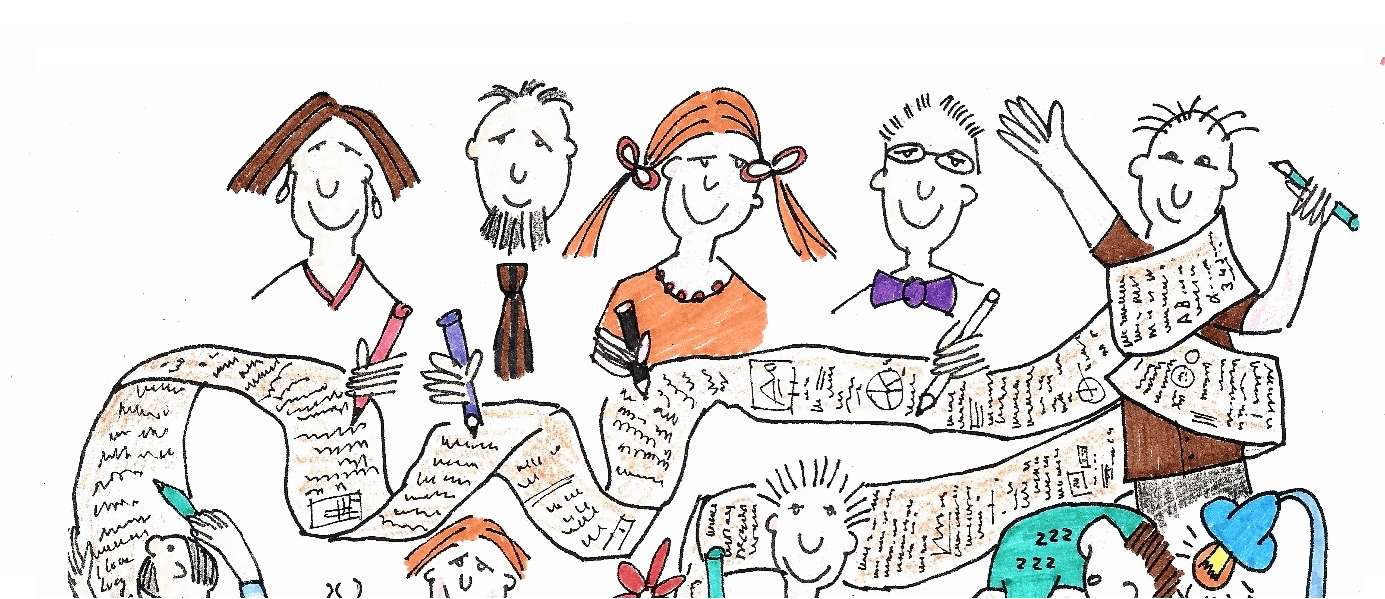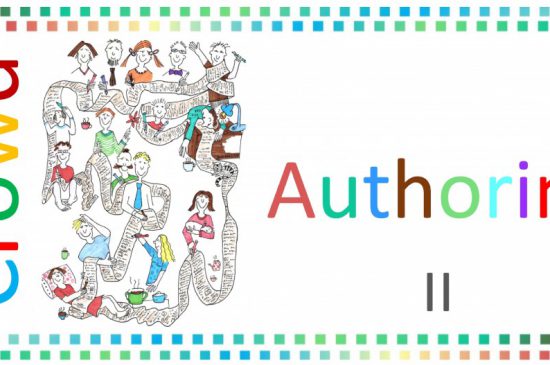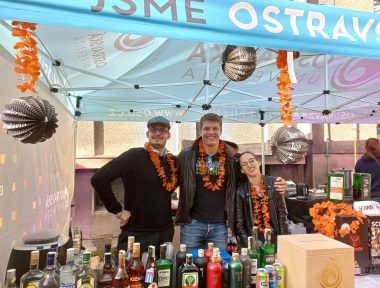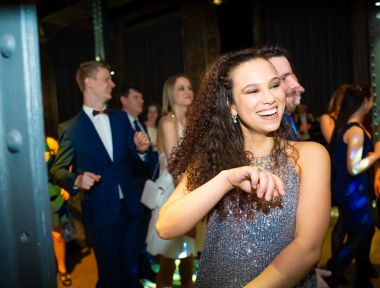Part II
Dr. Cervenkova: And the result? Don’t let us wait…
Dr Badosek: It worked. Slightly differently, but it worked. The text contains 32 pages, so in this respect, it differs from my idea. At the beginning of the project when I received the invitation, I was sending my agreement with the project and reading the first initial text included in the invitation – I was demanded to express if I had decided to get involved. When I agreed, I received another version of the text that our mediator worked in accordance with the comments of the colleagues, who responded earlier. And that version was quite different from what I had carefully prepared, commented and sketched. So I threw my version of the text into the trash. And I realized that I should accelerate. Finally, there were three rounds. The text was slowly growing, changing, and also the title of the article got changed thanks to incorporated ideas of the whole crowd of authors. The work was demanding, especially for our mediator who was composing our ideas. I don’t know what’s the time-shift in Saudi Arabia, but any time I sent my emails to Dr. Al Lily, in the evening, at night, early in the morning, Dr. Al Lily answered almost immediately, sending me a new mid-version with my contribution to the work. And finally, he sent our article, in the name of all the authors, to a peer-reviewed journal.
Dr. Cervenkova: The peer-reviewed journal is a very prestigious platform. What was the reaction of the professional community?
Dr Badosek: They were very decent, and the article got into the first round of the assessment. Then, it was rejected, but I consider as a success the fact that this manuscript (which is in some respect an atypical and experimental article) wasn’t rejected at once. Then, the mediator sent the article to other journals, significant in this field of the social sciences, but thereafter the real problems started to appear; especially concerning the formal character. Reviewers denied accepting the fact that so many people wrote the article, that incredible amount of work would be necessary – and other pseudo-arguments. The editors showed the fact that so many authors cannot get squeezed into electronic forms of review of the journal, and that, because we were out of the norm, the article could not be accepted. Dr. Al Lily didn’t give up, contacted us and collected our comments on reviews’ comments. It resulted in appealing, about a 30-page-long report. At this point, I made fun of him, pointing out that refusing the article brings us certain possibilities to continue our author production. On the contrary, some colleagues – two of them – gave up and left the project, stating they don’t feel like fighting the system and playing the opposition part. That’s why there is only 99 authors in the latest version.
Dr. Cervenkova: And the result?
Dr Badosek: During the course of the project, we debated what to do next with the article: whether it was more appropriate to reduce the content of the article beyond the normative scale and to reduce the philosophical part (we were often criticised for that), or to divide the article into several smaller, but more condensed, articles. The result is the article standing mostly on the pillars of the research findings of all participating co-authors from the questionnaire framework. It’s a bit pity that the prediction of the future, description of the risks and opportunity for information technology in education, is missing in the text, together with other stimulating thoughts. But, we can say that, thanks to the reduction of the article, it has been published in Sage Publishing in the Information Development Journal (Impact Factor 0,787):
http://journals.sagepub.com/doi/abs/10.1177/0266666916646415
Dr. Cervenkova: Are you satisfied, then?
Dr Badosek: Yes, I’m satisfied, although I suppose that Dr. Al Lily, the hardworking and untiring mediator of the project, will not start a similar project. Definitely not this year (2016).
Dr. Cervenkova: What is the title of the article?
Dr Badosek: Academic domains as political battlegrounds: A global enquiry by 99 academics in the fields of education and technology
… to be continued
For information about this new project, please visit:
https://www.researchgate.net/publication/301889867_Academic_domains_as_political_battlegrounds_A_global_enquiry_by_99_academics_in_the_fields_of_education_and_technology



 3 min.
3 min. 


